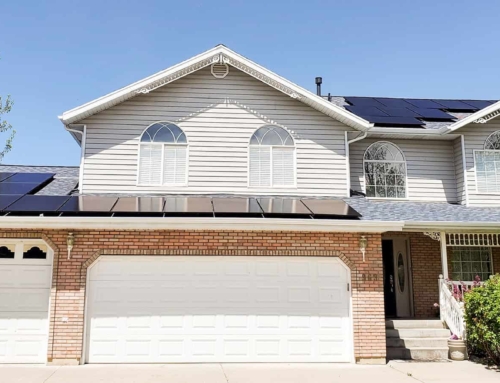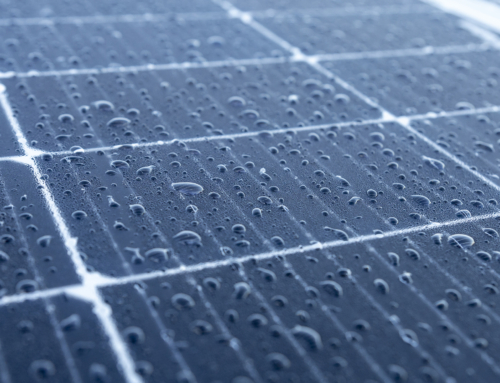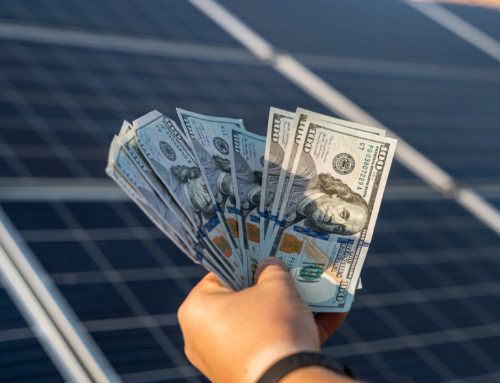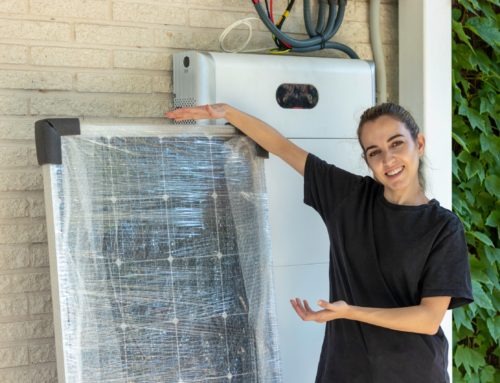Solar energy is a great way to supplement electricity from the grid with naturally generated power. It reduces your community’s need to rely on non-renewable energy sources, and it comes with hefty savings on your energy bill, so win-win. Once installed, all you have to do is sit back and enjoy the sunshine, so to speak.
But some days, the sun doesn’t shine as bright (or as long) as others. Sure, solar seems a good idea for people living in California, Arizona, or other warm locations. But what about those further north, those that endure the cold, short days of winter? Do solar panels work in Colorado? In Canada? In Alaska?
And what about “seasonal” swing states, the ones that see both hot summers and harsh winters? Is solar worth it for them?
If you’re wondering if solar panels work in winter, you’re not alone, and it may be causing you to second-guess the idea of contacting a team of professionals to install your own set of panels.
So if you’ve experienced an avalanche of questions on the topic (“Will snow damage the panels?” “How would I deal with ice buildup?” “Will my savings on electricity offset my spending on heating?”), Smart Wave Solar is here to help.
Do Solar Panels Work During Winter?
This first myth is very easily debunked: yes, solar panels do indeed work during the winter months. Solar panels aren’t picky; as long as there is sunlight to convert into energy they will do so—they don’t need the sunlight to be the warm summer sun. In fact, like most other electrical appliances, solar panels work even better in cooler temperatures.
Manufacturers test solar panels at chill temperatures to make sure they will function properly. They also rate their panels for peak temperatures. This means they test their panels at various temperatures to see when the panels efficiency for generating energy decreases—and you might be surprised to learn that decreases in energy production happen as the temperature goes up, not down.
Yes, it’s true that the winter comes with shorter daylight hours, but the cooler weather pushes the panels toward their peak efficiency rates, offsetting some of the difference. Plus, locations that see shorter winter days also see longer daylight hours during the summer (with less summer heat—and thus better efficiency—than “perpetual summer” locations).
Snow and Solar Panels
Solar panels are designed to withstand a certain amount of inclement weather in a variety of environments, including rain, hail, and snow. They are also tested extensively and can bear the weight of heavy snow or debris. As long as they’re built properly, there’s only a need to worry about the panels carrying the weight of the snow when there’s a concern that the roof can carry the weight of the snow.
That being said, snow does obviously get in the way of solar panels generating energy. Those who have spent time around fresh snow on a sunny day can tell you it’s much more reflective than transparent. So, just as it would block your view out the window, it will keep your panels from sunbathing.
So, if you’ve got a layer of snow on your panels, it’s not necessarily a danger to them—they won’t be damaged by the snow. Solar panels surfaces are smooth, a feature designed to let things like rain, sleet, snow, or debris slide off.
Start Saving with Smart Way Solar
Are solar panels worth it? Please contact our team at Smart Wave Solar today to learn more about solar panel installation, how much you can expect to save on your electric bill, and how solar panels can even help in the event of an emergency power outage.





